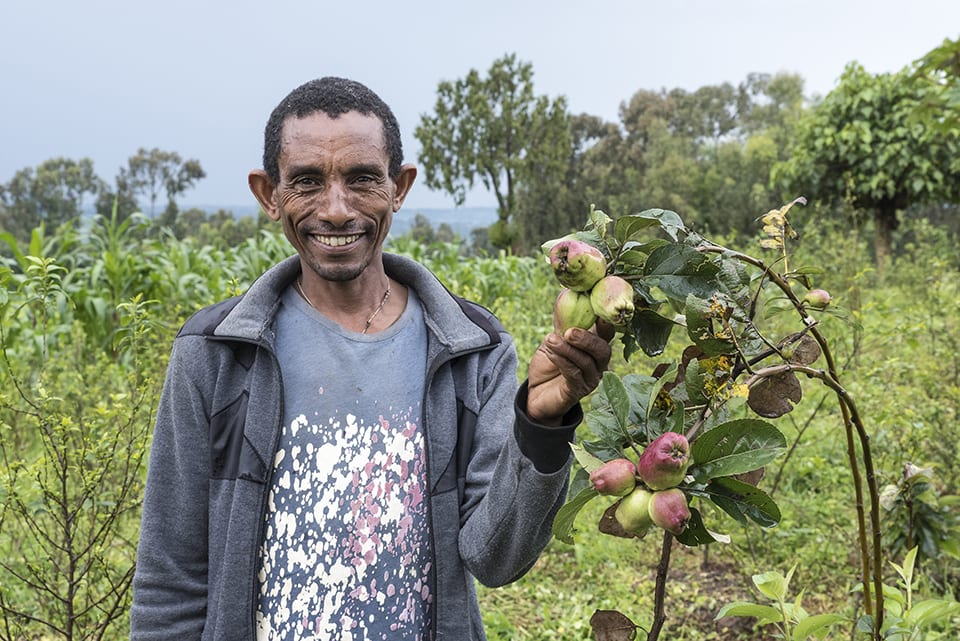On September 28, The Hunger Project hosted a panel discussion as part of Climate Week NYC to explore the relationship between ending hunger and climate change. The discussion touched on our climate change adaptation workshops and reforestation and agroecological initiatives.
The panel was moderated by Saanika Halapeti, President of the FeelGood Chapter at University of Texas – Dallas , with insights from Irene Naikaali, Head of Programs at The Hunger Project-Uganda, and Grace Chikowi, Country Manager at The Hunger Project-Malawi.
The discussion started with each participant explaining how climate change is affecting the food systems in their respective areas and The Hunger Project’s efforts in supporting rural communities to develop a resilience to these challenges. These core themes were followed by a rapid-fire question for all and an audience Q&A. The speakers of the panel stressed the importance of moving away from chemically dependent farming towards a greener approach that benefits the local communities as well as the farmlands surrounding them.
Agroecology and reforestation practices allow rural communities to feed themselves all year long despite climate change by diversifying their income sources without depleting their farmlands. Teaching communities to develop stronger resilience starts by promoting a farming system that goes “with nature rather than against it”, explains Irene Naikaali, Head of Programs at The Hunger Project-Uganda. The biggest effort lies in convincing local farmers that things can be done differently and supporting their transition towards agroecology.
Grace Chikowi gives an insight into these changing practices by describing our flexible approach to each affected area. For example, in flood-affected zones, farmers are taught how to utilize residual moisture in the soil, whereas in drought-affected areas, The Hunger Project has encouraged agricultural diversification by introducing drought-resistant crops.
Agroecological practices are also appealing to the younger demographic in these rural communities as they offer entrepreneurial skill-building opportunities through the activities that develop alongside, such as agroforestry and ecotourism. These parallel activities, in turn, support a community’s resilience by diversifying the local economy.
At The Hunger Project, we couples our efforts to diversify household income by improving access to financial services. These come in the form of communal village savings or loan groups and provide communities with a much-needed safety net.
Ending hunger in rural areas means nurturing local farmlands in a responsible fashion, and especially, supporting farmers in their transition. Stay tuned to learn more about our work to end hunger all the while mitigating the effects of climate change.

